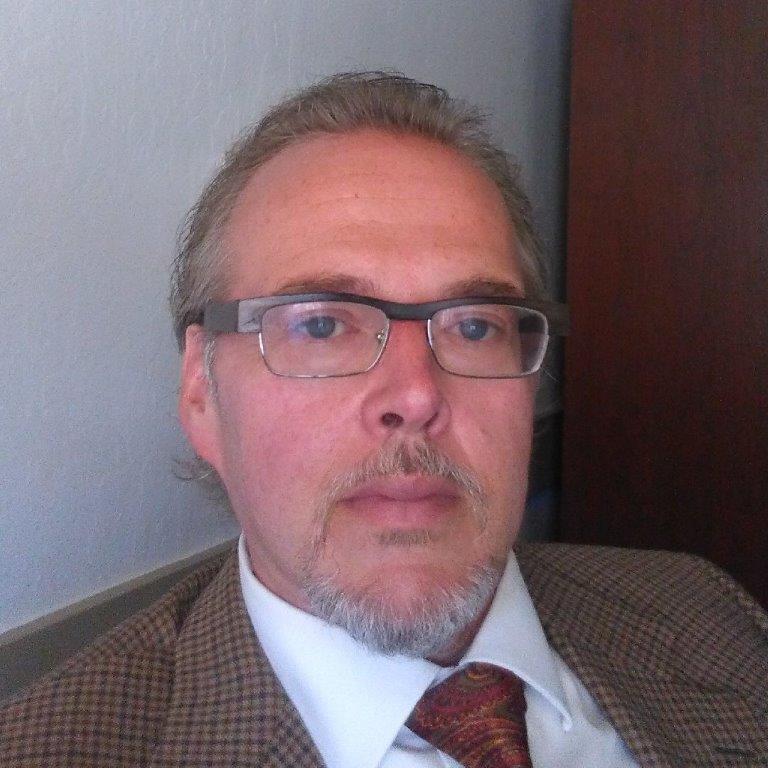Despite recent attention to sexual harassment in the workplace, male victims continue be marginalized and often unheard. Philip Hadlock has this Perspective.
We are often encouraged to believe that recent anti-sexual harassment movements are contributing to a new world order that empowers victims to take control of their situation. That may be the case for many, but not me.
I was systematically harassed by a supervisor at my first job after graduate school. What strikes me most about those events, 20 years ago now, is that I had no sense of awakening immediately after the first instance of abuse: no angry repudiation of my tormentor’s efforts to degrade me; no tearful anguish at being dehumanized for someone else’s pleasure. I was shockingly complacent and accepting of my harasser’s behavior. Unlike more familiar scenarios, my aggressor was female.
Because our culture allows boys and young men to identify either as defenders of victims or as (potential) aggressors but not as victims themselves, I had not been equipped to defend myself. There was only an abject yet disquieting emptiness where there should have been indignation and revolt.
When I finally found the strength to process my situation, emerge from my silence, and speak out, my protests were received with derision and contempt. Many purported to find my objections nonsensical. Sexual attention from a woman, after all, is inherently positive. Any man who would complain about sexual aggression from a woman is defective. Although I had several female friends who professed to oppose harassment in the workplace, none showed support for a man in the very position they deemed so intolerable for women.
